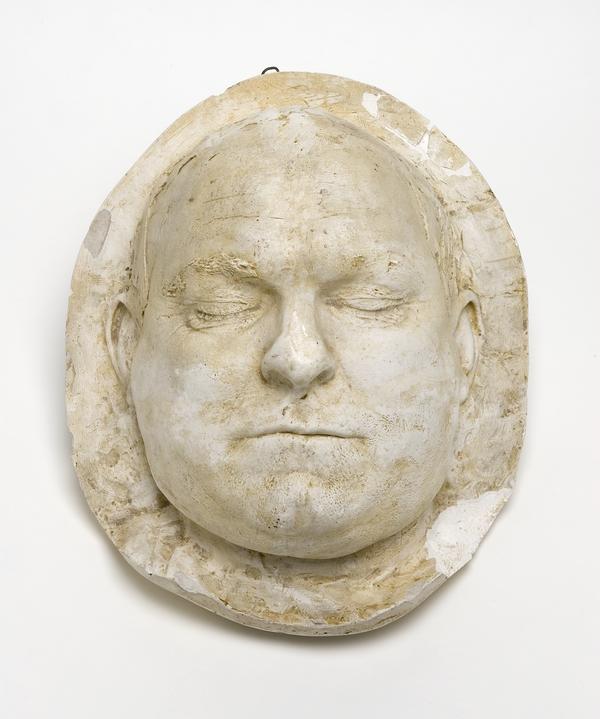William Jennings Bryan was a politician and orator from Nebraska, but his name would become inextricably linked to the history of the State Normal and Industrial College (now The University of North Carolina at Greensboro). His connection to this Southern women’s college may seem unlikely as Bryan is best known for his role as a perennial presidential candidate for the Democratic Party (he was the nominee for the 1896, 1900, and 1908 elections), as well as his involvement with the “Scopes Monkey Trial” (The State of Tennessee v. John Thomas Scopes).
His deep, commanding voice and passionate delivery, contributed to his reputation as one of the most celebrated orators of the era. But Bryan is associated with the College’s history because he delivered the commencement address to the class of 1894, and more importantly, because he witnessed the death of the school’s founder and first president, Charles Duncan McIver. The two men had met in 1894, two years before Bryan gave his famous “Cross of Gold” speech, securing him the Democratic nomination for the 1896 presidential election. McIver was so impressed with Bryan, that he asked him to speak at the school’s commencement exercises in May. Although McIver truly admired Bryan, he also believed that this “advertising scheme” would result in increasing student interest in his new college. His plan was successful, as the following semester State Normal received hundreds more applications than the previous year.
For the 1894 commencement ceremony, Bryan would share the stage with John B. Gordon, a Confederate General who had seen action at Antietam and Gettysburg and had led the last charge at Appomattox. Greensboro was thrilled at the news that the “silver-tongued orator” was coming to their town, and bedecked homes, storefronts, and streetcars in the school colors of yellow and white. The College’s flower, the daisy, was also used liberally for decoration.
Bryan spoke to an over-capacity crowd in the auditorium of the campus’ Administration Building (now the Foust Building). The stage was decorated with the Seal of North Carolina, and on either side of it, the seals of Nebraska and Georgia, honoring the speakers’ home states. Bryan’s political celebrity, charismatic personality, and reputation for dramatic speeches drew a record audience. The young women who attended the College were particularly thrilled with his appearance, as they thought that there was a strong resemblance between Bryan and McIver, their college president. Bryan spoke for almost two hours on one of his favorite themes – the reinstatement of silver coinage.
During the years after the 1894 commencement, McIver and Bryan continued to keep in contact. The men always met when Bryan visited North Carolina, and McIver made a point of being present at his friend’s speaking engagements when possible. In August of 1906, McIver traveled to New York to attend a reception honoring Bryan at Madison Square Garden hosted by the Commercial Travelers Anti-Trust League. It was at this event that McIver suggested that Bryan visit North Carolina in September for a whistle-stop tour of the state in September. Bryan had made whistle-stop campaigning popular during his presidential campaign of 1896, and his previous visit to the state had included over twenty North Carolina towns, where he gave political speeches from the back of a train.
On September 17, 1906, McIver caught the early morning train to Raleigh to meet the group who was traveling with Bryan back to Greensboro. The train stopped in Durham for Bryan to make a campaign speech and for the party to have lunch. After lunch, McIver complained of indigestion and acute chest pains, and returned to the train to rest. He died shortly afterwards. Bryan rushed to him when he heard the news and he, like his other companions, was “paralyzed with grief.”
From the time that McIver died until the train reached Greensboro, the planned politically-based whistle-stop tour became a funeral procession. As there were many people awaiting Bryan at each scheduled stop, it was decided to continue the tour, but instead of campaign speeches, he spoke of McIver’s legacy to the state and to education. When the train finally reached Greensboro, Bryan visited Lula Martin McIver to pay his respects and gave a memorial tribute for his friend that evening at the city’s opera house. The eulogy included an admirable portrait of McIver as an advocate of women’s education, and pointed to the college that he founded as his greatest monument. From that day on, Bryan’s name has been linked with McIver’s, and with the history of the College.
By Kathelene McCarty Smith

